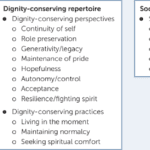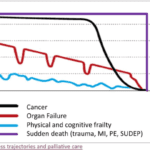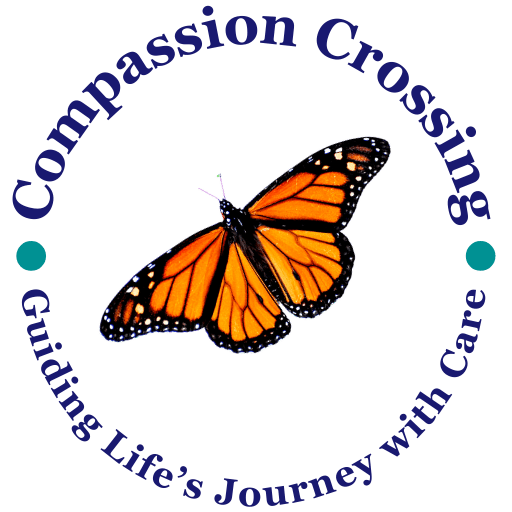Boosting Hospice CAHPS Scores: The Power of Caregiver Training

This article delves into the transformative role of caregiver training in boosting Hospice CAHPS scores. Drawing on recent studies and expert insights, we explore practical strategies for enhancing caregiver education, ultimately leading to improved patient care and higher satisfaction ratings.
When Death is Imminent – What to Expect from Hospice

Hospice nurses are crucial in comforting and supporting patients nearing death and their families. This article explores what to expect from hospice care, focusing on patient assessments, educational discussions, and addressing common family concerns.
RUSH Medical Center’s Caring for Caregivers: Supporting Those Who Support Others

RUSH Medical Center's Caring for Caregivers (C4C) program offers vital support to those caring for adults 60 and older at home. Learn about the program's comprehensive approach, including skill-building sessions, planning assistance, and care-team coordination. Discover how C4C makes a difference in caregivers' lives and improves patient outcomes.
Educational Topics for Hospice Nurses During Admission and Post-Admission Visits

Discover essential educational topics for hospice nurses during admission and follow-up visits. Learn how to effectively communicate with patients and families, manage symptoms, provide emotional support, and navigate end-of-life care. Enhance your skills to deliver compassionate, comprehensive hospice care.
Educating Facility Staff on What Matters for Terminally Ill Patients

Educating nursing home staff on hospice care priorities like shifting focus from vital signs to comfort, managing symptoms like pain/breathlessness, providing psychosocial support, end-of-life planning, and bereavement care is crucial. Hospice emphasizes quality of life over curative treatments. Effective symptom management through medications and non-pharmacological approaches enhances patient comfort. Open communication, empathy, and respecting patient autonomy are essential. Hospice prepares families for the dying process and grief counseling.
Preparing for a Good Death: Topics to Cover with Hospice Patients and Their Families

I have worked with countless terminally ill patients and their families. One of the most important aspects of hospice care is ensuring that the patient and their loved ones are prepared for the end of life.
In this article, I will cover the topics that hospice nurses should discuss with patients and caregivers to ensure a good death.
Educating families on reporting changes in condition

When someone you love is sick and may not get better, you want to do everything possible to make them comfortable and happy. Sometimes, you may notice that they are acting differently or feeling worse. This is called a change of condition. Some changes in condition are very serious and need to be reported to the hospice provider right away. Other changes in condition are less urgent and can be written down in a journal until the next nursing visit. This article will help you learn how to tell the difference and what to do.
The importance of caregiver journaling for the patient and family

Caring for a loved one in hospice is rewarding yet challenging. Keeping a caregiver journal benefits the patient, family, and hospice provider. It enhances care, coping, and creating memories. Get tips on starting and maintaining a meaningful journal to improve your caregiving experience.
